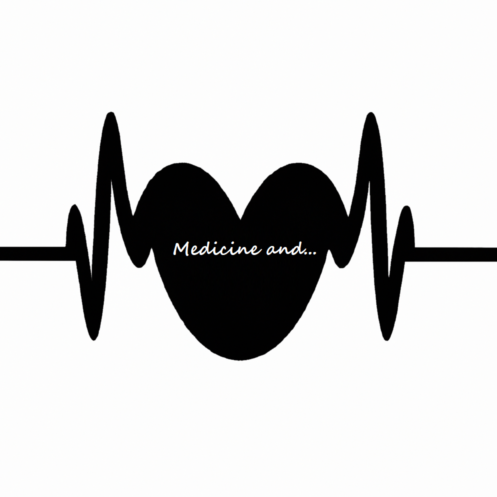Exercise plays a crucial role in maintaining heart health, and the American College of Cardiology (ACC) recognizes its importance in preventing cardiovascular disease and managing existing heart conditions. Here are some key points from the ACC regarding the benefits of exercise for the heart:
- Reduced Risk of Cardiovascular Disease: Regular exercise can help lower the risk of developing cardiovascular diseases such as heart attacks, strokes, and high blood pressure.
- Improved Heart Function: Exercise strengthens the heart muscle, enhances its pumping efficiency, and improves circulation, leading to a healthier cardiovascular system overall.
- Lowered Blood Pressure and Cholesterol Levels: Physical activity can help lower blood pressure and reduce LDL (bad) cholesterol levels, while increasing HDL (good) cholesterol, which helps protect against heart disease.
- Weight Management: Regular exercise, when combined with a healthy diet, helps maintain a healthy weight or achieve weight loss, which is important for heart health as obesity is a risk factor for cardiovascular disease.
- Diabetes Management: Exercise helps regulate blood sugar levels, making it an essential component of managing diabetes, which is associated with an increased risk of heart disease.
- Stress Reduction: Physical activity has a positive impact on mental health by reducing stress, anxiety, and depression, all of which contribute to heart health.
To achieve the recommended exercise guidelines, the ACC suggests the following:
- Aerobic Exercise: Aim for at least 150 minutes of moderate-intensity aerobic exercise or 75 minutes of vigorous-intensity aerobic exercise per week. Examples include brisk walking, jogging, running, cycling, swimming, or aerobic dance classes.
- Resistance Training: Include resistance training exercises at least two days per week. This can involve using weights, resistance bands, or bodyweight exercises to strengthen muscles.
- Flexibility and Balance Training: Incorporate flexibility exercises, such as stretching or yoga, to maintain or improve joint mobility and balance exercises to reduce the risk of falls.
It’s important to note that individual exercise recommendations may vary based on an individual’s health condition and fitness level. Therefore, it is always advisable to consult with a healthcare provider or a qualified exercise specialist to determine the most appropriate exercise program for your specific needs.
References:
- American College of Cardiology. (n.d.). Exercise and heart health. Retrieved from https://www.acc.org/~/media/Non-Clinical/Files-PDFs-Excel-MS-Word-etc/Guidelines/2015/ACC-HRS-Scientific-Statement-Exercise-and-Heart-Failure-in-Adults.pdf
- American College of Cardiology. (n.d.). Exercise and heart disease. Retrieved from https://www.acc.org/~/media/Non-Clinical/Files-PDFs-Excel-MS-Word-etc/Tools%20and%20Practice%20Support/Quality%20Programs/ACC%20Clinician%20Wellness%20resources/Exercise%20and%20Heart%20Disease.pdf


Leave a Reply